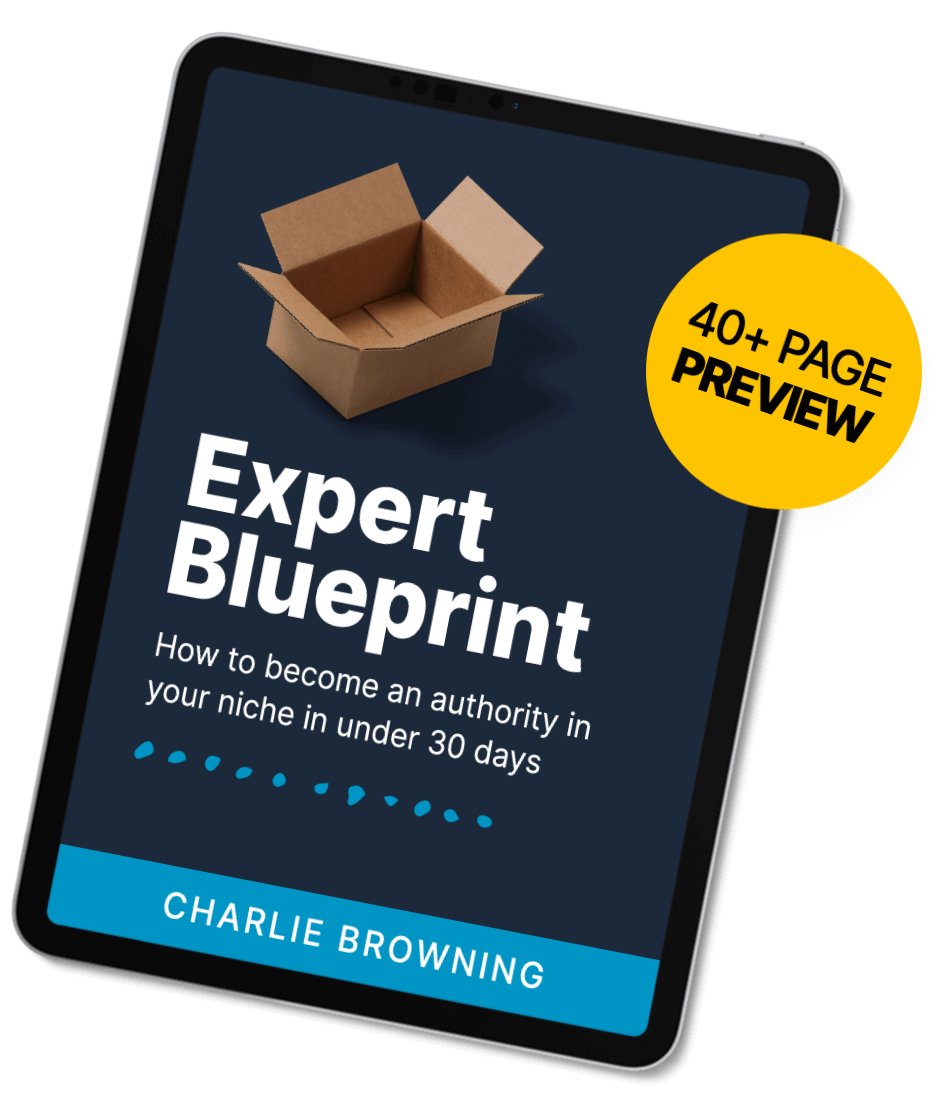Building genuine authority in any industry is more challenging than most professionals realize, and the path is littered with roadblocks that derail even the most knowledgeable experts.
While technical expertise forms the foundation of authority, it’s rarely the determining factor in who becomes recognized as an industry leader.
The most common obstacles aren’t related to lack of knowledge or skills – they’re psychological, strategic, and tactical barriers that prevent brilliant minds from translating their expertise into recognized authority. Understanding these roadblocks is the first step toward overcoming them and building the kind of credible presence that opens doors, commands premium fees, and creates lasting professional impact.
The most pervasive roadblock is the perfectionist trap, where experts delay sharing their knowledge until they believe it’s completely refined and comprehensive.
This mindset leads to endless tweaking of content, postponed product launches, and missed opportunities to establish early authority. Perfectionist tendencies often stem from imposter syndrome – the persistent feeling that you’re not qualified enough to position yourself as an expert, despite having years of experience and proven results.
Many professionals also fall into the generalist pitfall, trying to be an authority on everything within their field rather than focusing on a specific niche where they can dominate. Additionally, the comparison trap causes potential thought leaders to abandon their authority-building efforts after seeing more established competitors, failing to recognize that authority isn’t a zero-sum game and that unique perspectives always have value.
Tactical execution roadblocks often prove just as damaging as psychological ones. Inconsistent content creation represents one of the biggest obstacles, as authority requires sustained visibility over time—something that sporadic blogging or irregular social media posting cannot achieve. Many experts also make the mistake of focusing solely on creating content without building systems to distribute and amplify it, resulting in high-quality work that reaches minimal audiences. The teaching vs. telling problem emerges when experts share information without providing clear frameworks or actionable insights, making their content informative but not transformative. Platform confusion further compounds these issues, as many professionals spread themselves too thin across multiple channels instead of mastering one or two platforms where their audience actually congregates.
Strategic roadblocks often represent the difference between temporary visibility and lasting authority. The most common strategic error is failing to develop a unique point of view or methodology that differentiates you from other experts in your field. Without this differentiation, you become just another voice in the crowd, regardless of your expertise level. Many professionals also neglect relationship building, focusing entirely on content creation while ignoring the networking and collaboration opportunities that amplify authority. The free vs. paid content balance poses another challenge—giving away too much valuable content for free can undermine your ability to monetize your expertise, while being too protective can limit your reach and credibility building. Short-term thinking compounds these problems, as many experts expect immediate results from authority-building efforts that inherently require long-term consistency and patience.
Overcoming these roadblocks requires both mindset shifts and practical strategies. Combat perfectionism by embracing the concept of “good enough to ship”—your first attempt doesn’t need to be your masterpiece, and you can always iterate and improve over time. Address imposter syndrome by documenting your wins, collecting testimonials, and recognizing that authority comes from helping others solve problems, not from knowing everything. Focus your efforts on becoming known for one specific thing before expanding your expertise areas, and resist the urge to compete directly with established authorities—instead, find your unique angle or underserved audience segment. Create content calendars and systems that ensure consistency, choose platforms strategically based on where your audience spends time, and always prioritize teaching frameworks over sharing random insights. Most importantly, view authority building as a long-term investment rather than a short-term marketing tactic, and understand that the experts who become recognized authorities are simply those who persist through the inevitable challenges while continuously providing value to their chosen audience.






